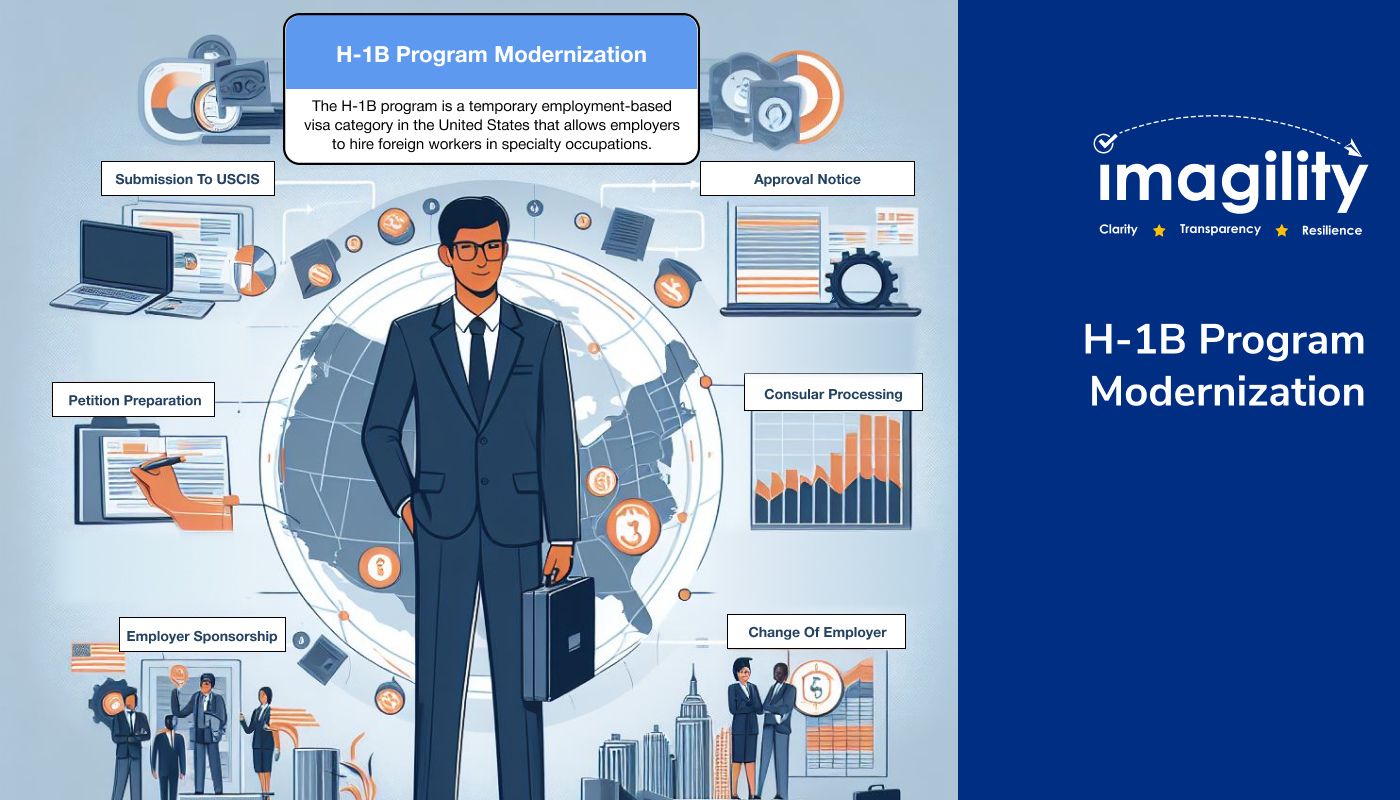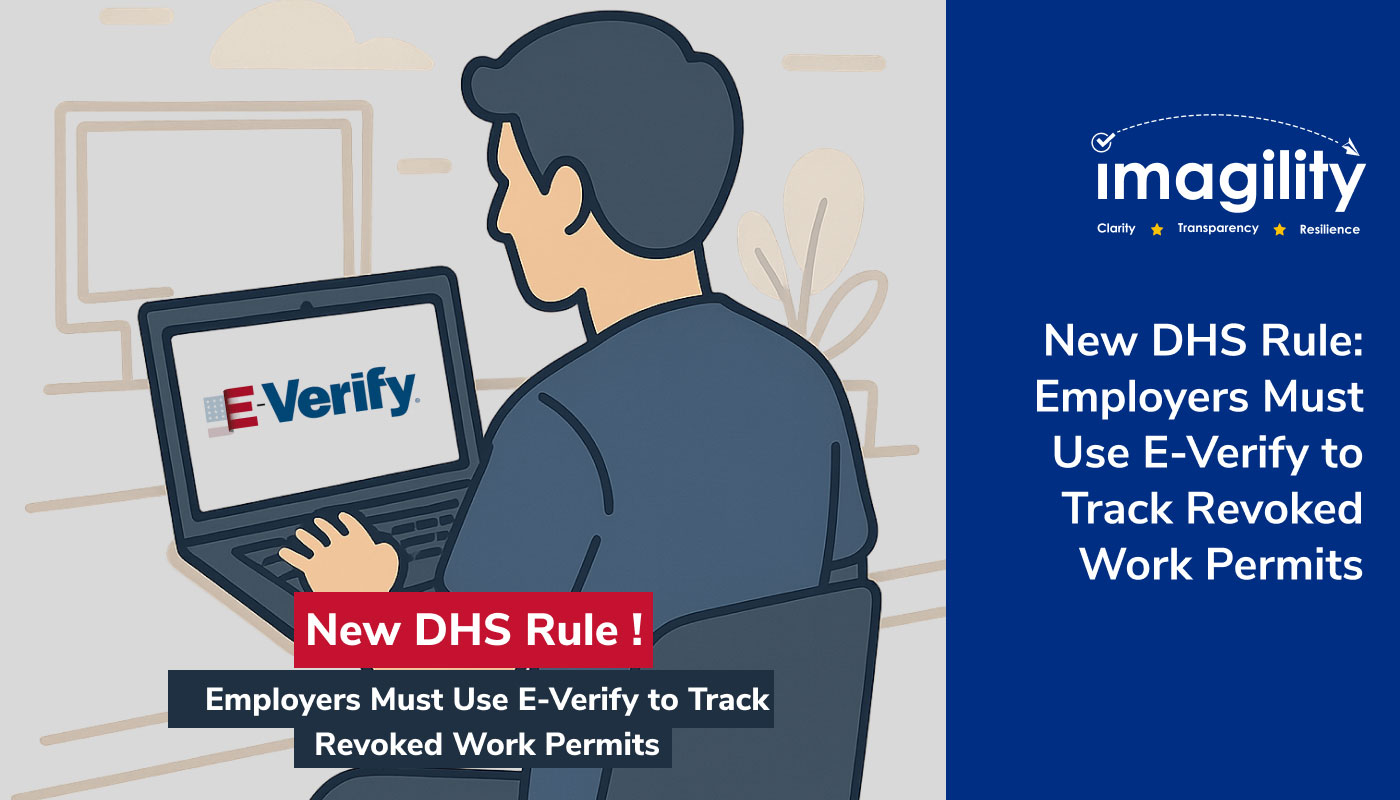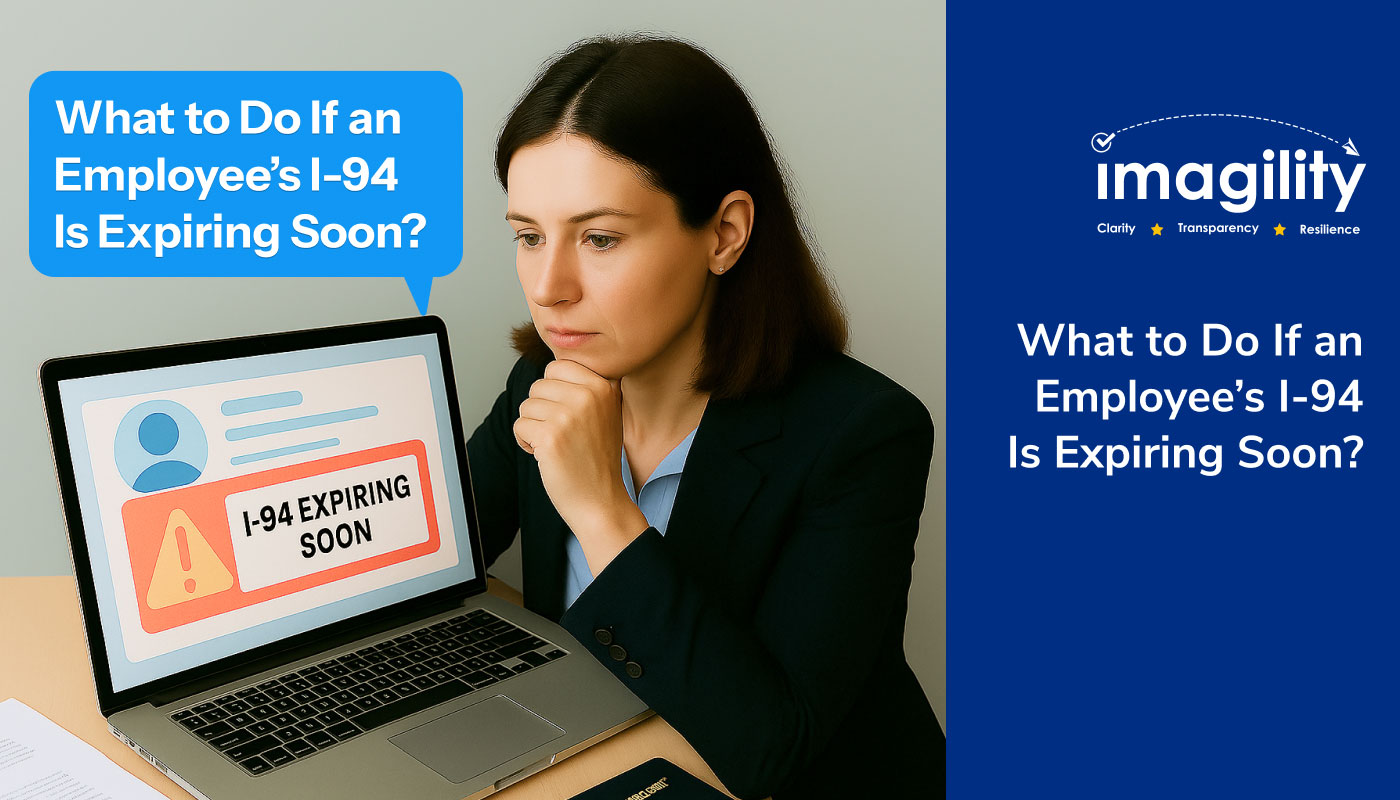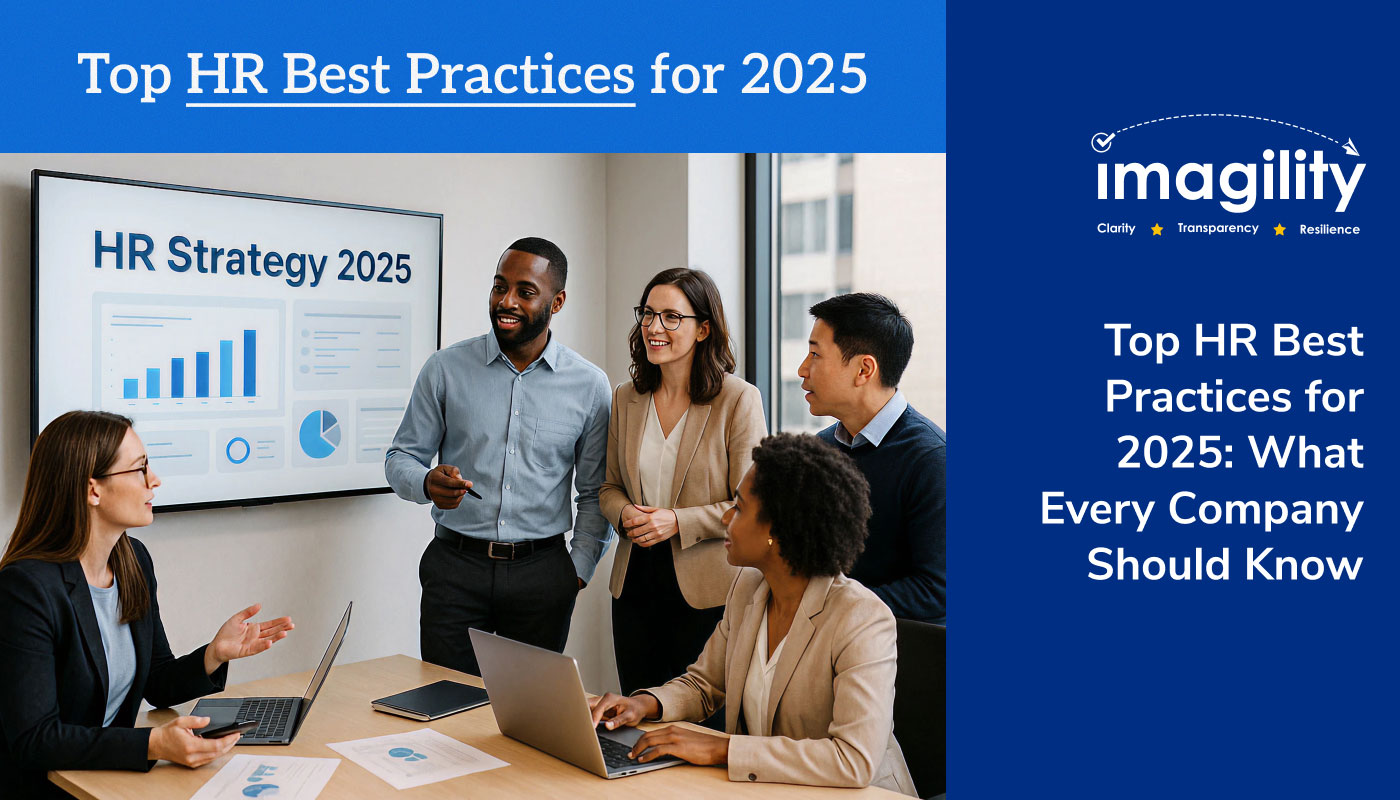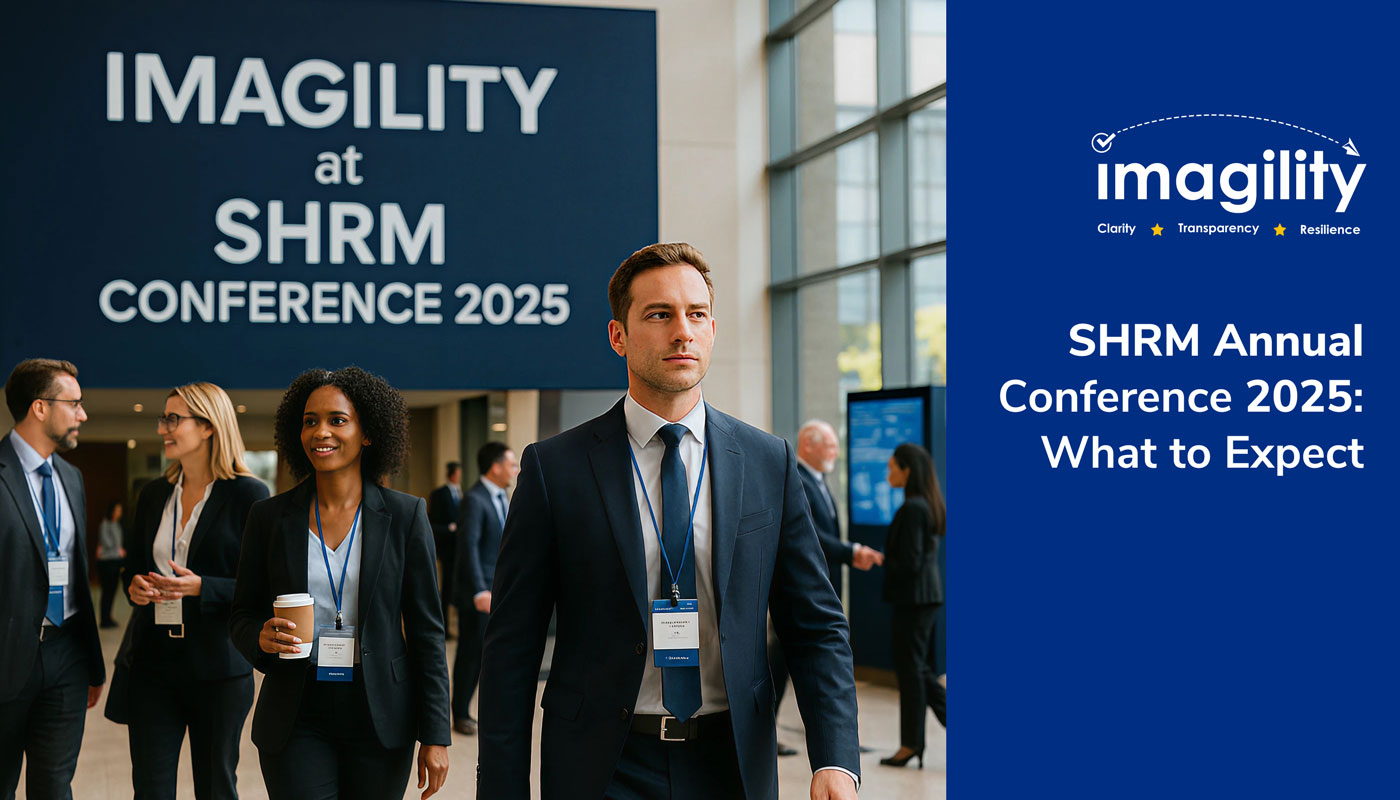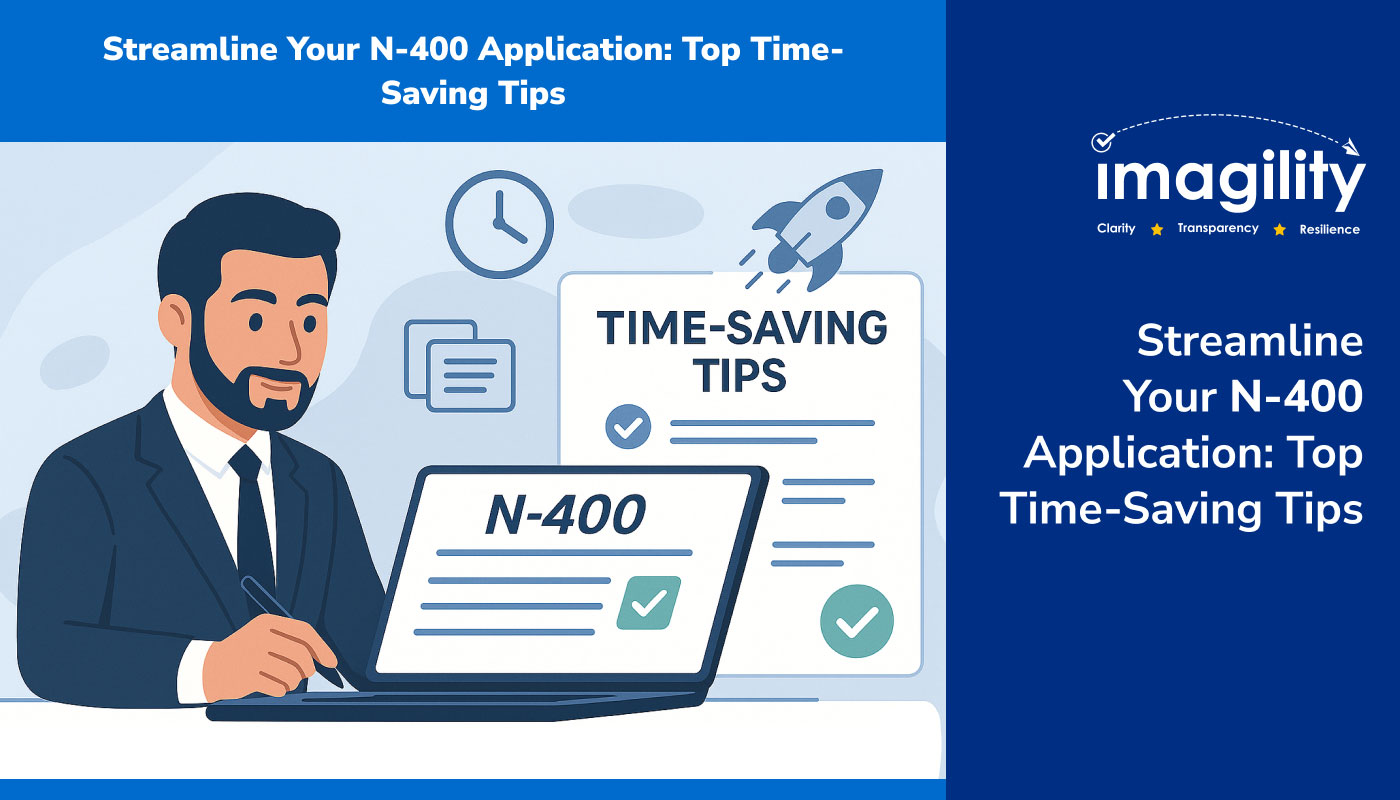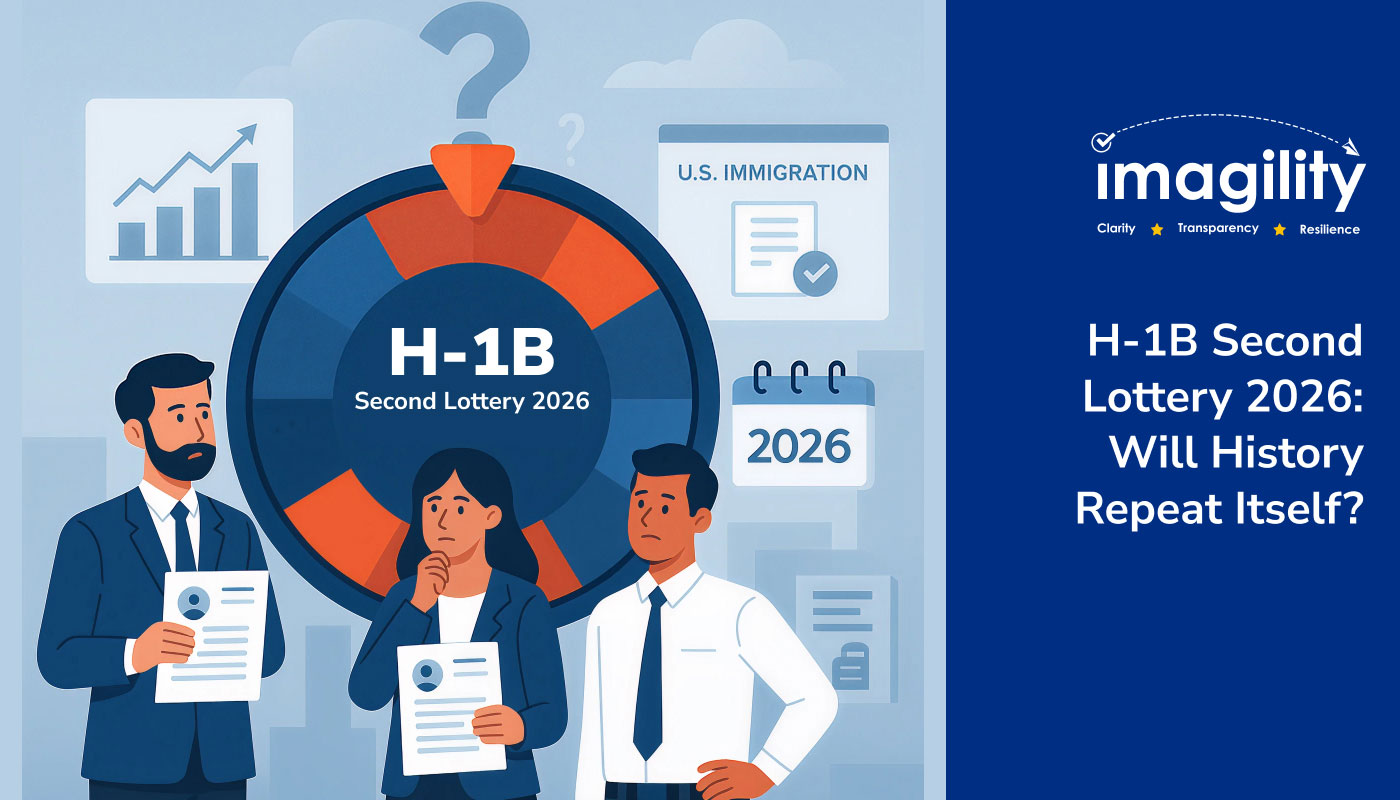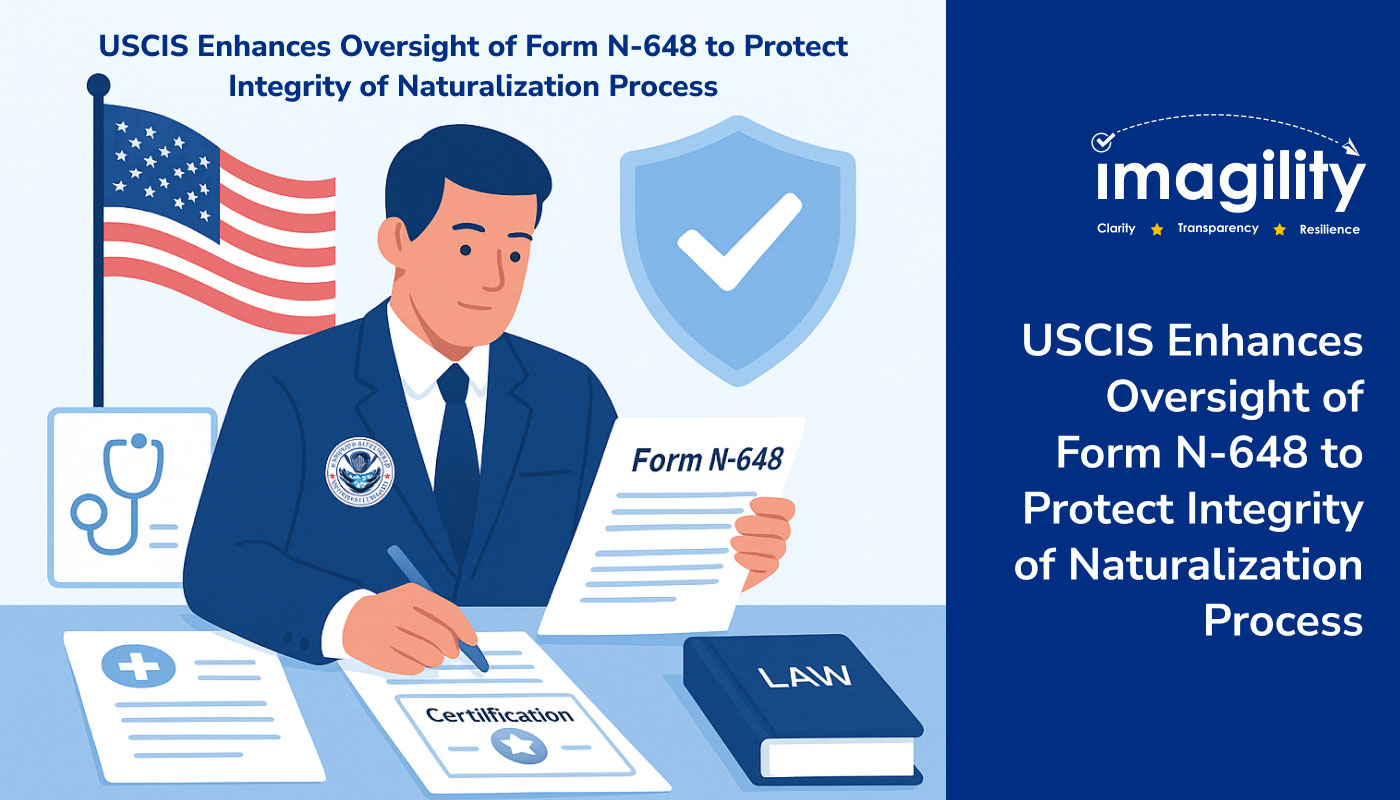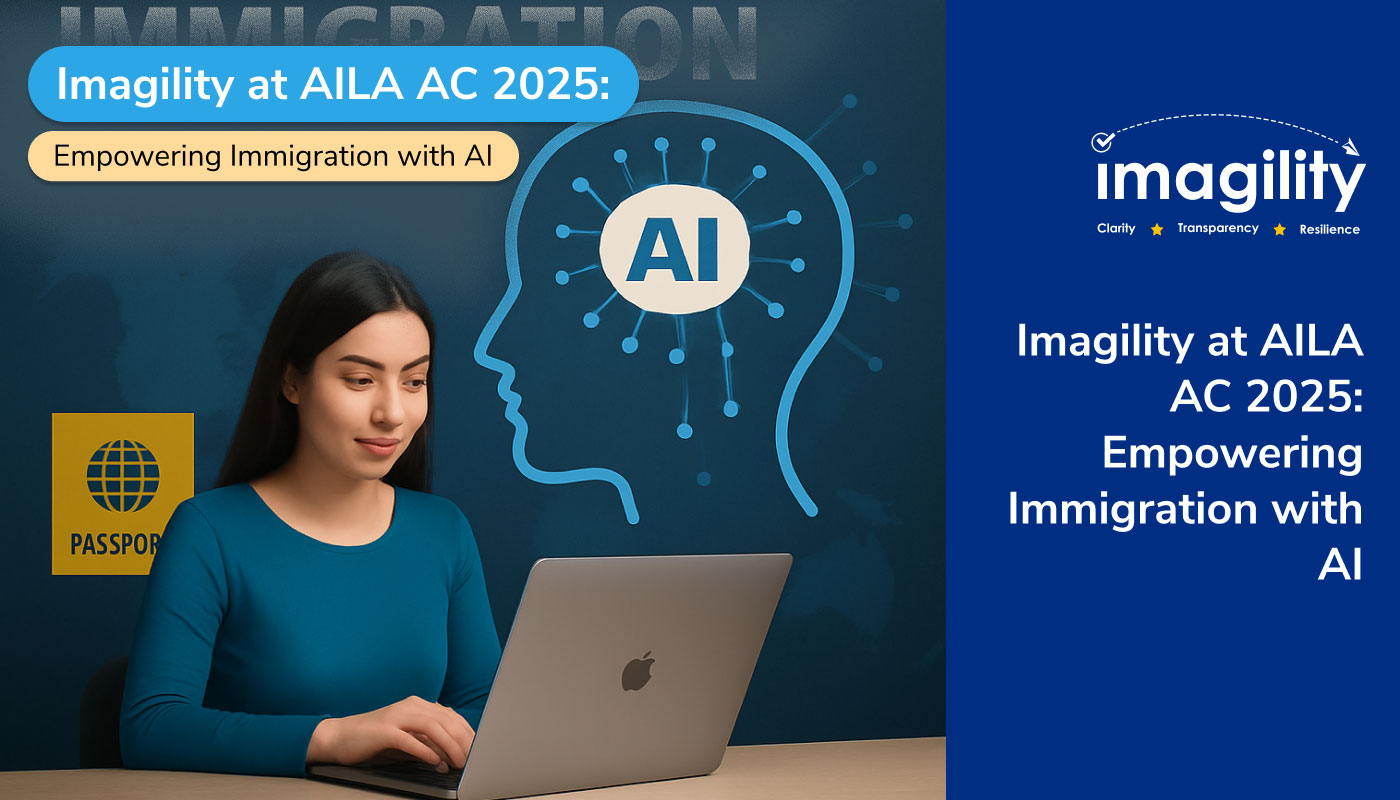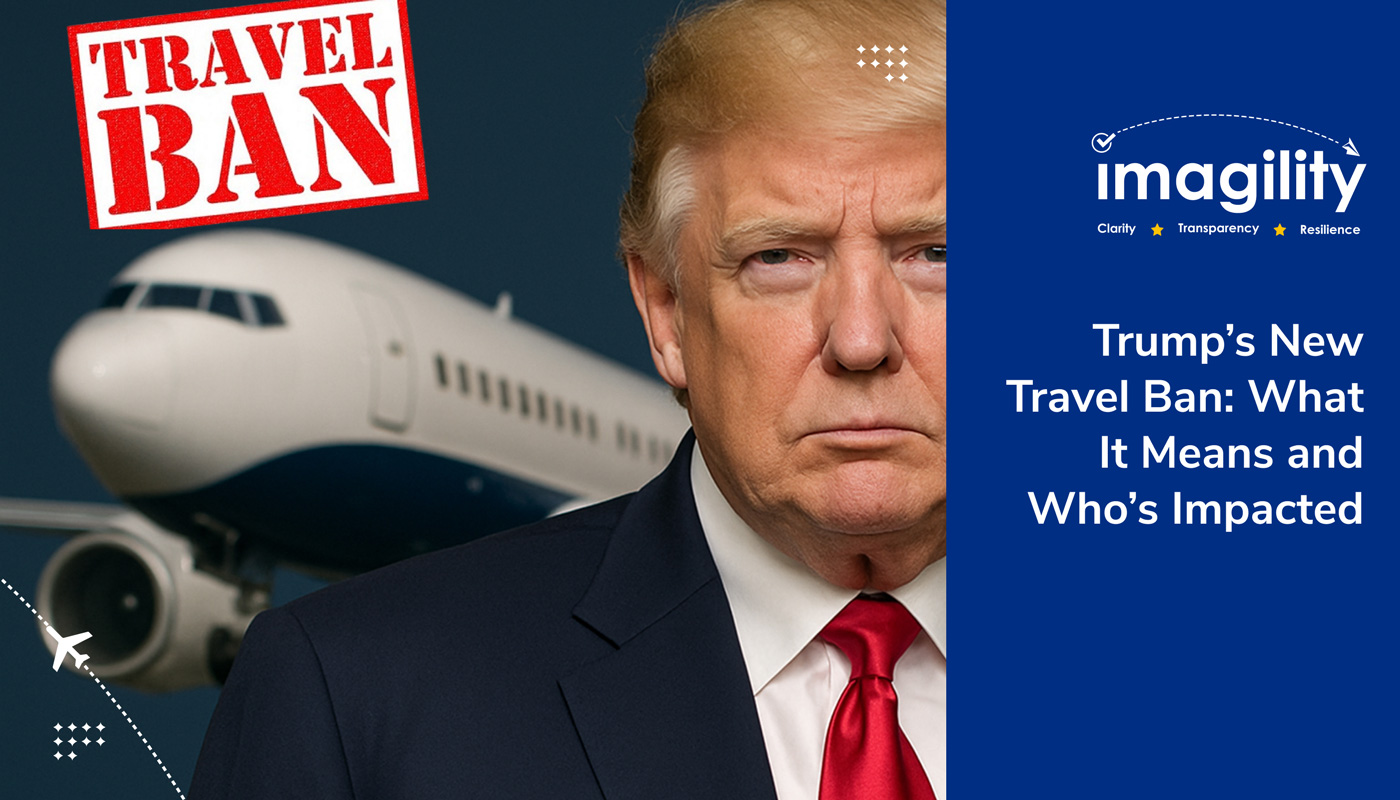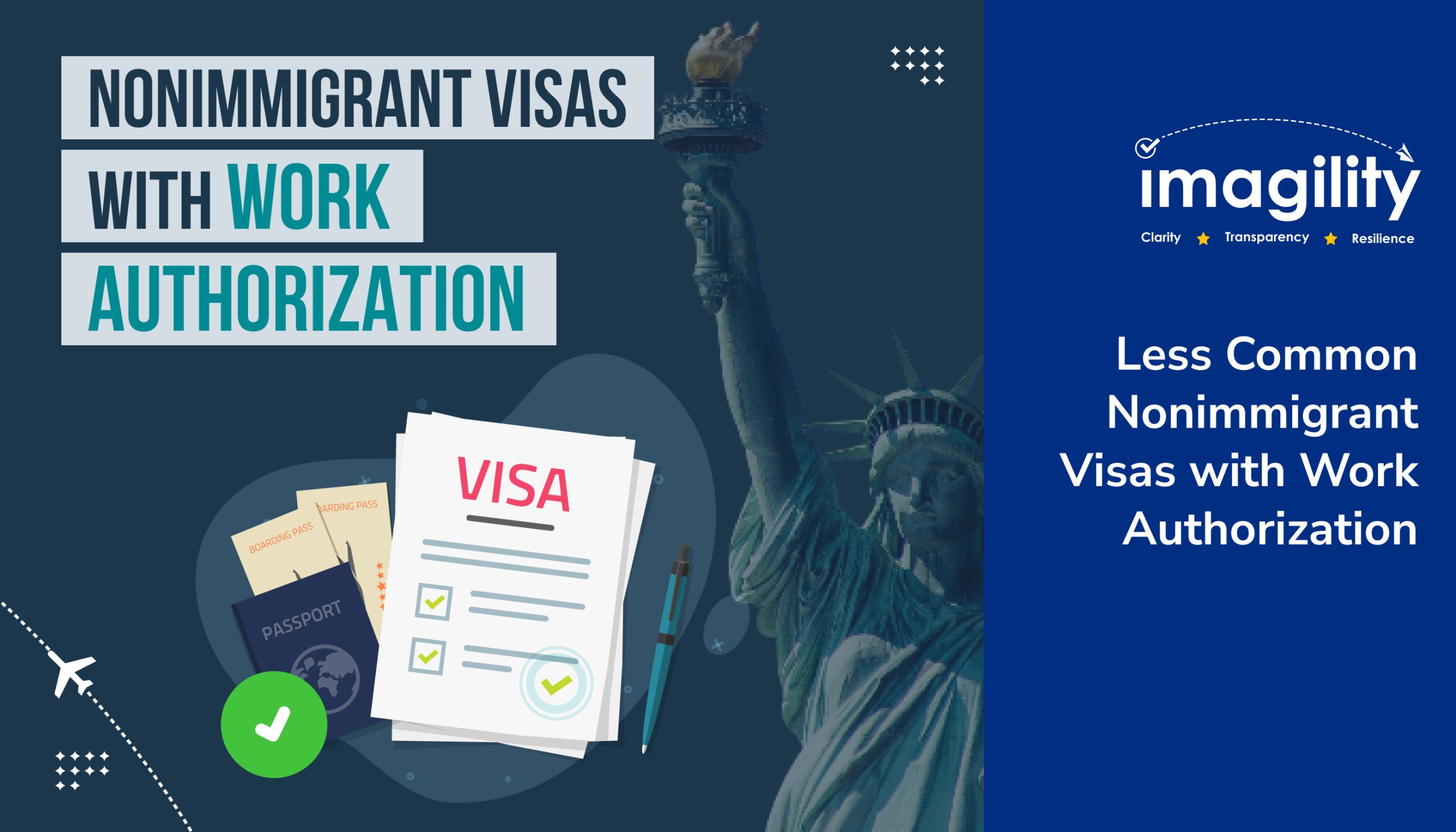On February 2, 2024, the U.S. Citizenship and Immigration Services (USCIS) unveiled a final rule aimed at modernizing the H-1B program. This initiative, designed to provide employment authorization to foreign nationals, particularly those with bachelor’s degrees or equivalent qualifications, was slated to come into force 30 days after its publication.
Online Filing and Organizational Accounts
The final rule was in addition to USCIS introducing organizational account creation (myUSCIS) for collaboration on H-1B registrations and petitions within an organization, as a part of modernizing the H-1B program. Companies could open accounts starting February 28, 2024, facilitating a streamlined and efficient registration process.
Key Highlights of the Final Rule
This final rule implements a beneficiary centric selection process for H-1B registrations, start date flexibility for certain H-1B cap-subject petitions, and integrity measures related to H-1B registration.
Single Entry for Multiple Registrations
According to the Final rule, instead of selecting by registration, USCIS will select registrations by unique beneficiary. Each unique beneficiary who has a registration submitted on their behalf will be entered into the selection process once, regardless of how many registrations are submitted on their behalf. What this means is that the foreign national will be limited to no more than a single entry in the lottery system, irrespective of the number of registrations submitted for that individual.
Mandatory Passport Information or Travel Document
Starting with the FY 2025 initial registration period, H-1B registrants must provide valid passport information or valid travel document information for each beneficiary. This is to ensure that no individual has more than a single entry in the lottery system. This information should match the passport the beneficiary will use when he or she enters the US with an H-1B visa. The final rule also prohibits the beneficiary of an H1B registration from being registered under more than one passport or travel document.
Selection Notification
If a beneficiary is selected, each registrant (company) that submitted a registration on that beneficiary’s behalf will be notified of the beneficiary’s selection and will be eligible to file a petition on that beneficiary’s behalf during the applicable petition filing period.
Flexible Start Date
DHS will also provide start date flexibility for certain H-1B cap-subject petitions. It offers flexibility concerning the requested commencement date of the petition. Instead of mandating that the petitioner seek an October 1st start date for selections made in the initial round of the lottery, it will now generally be acceptable to request any start date within the applicable fiscal year, as long as it does not exceed six months beyond the petition’s filing date.
The H-1B Program Modernization
Proposed Regulation for the H-1B Program
The Department of Homeland Security (DHS) and USCIS have put forth a new regulation aimed at modernizing the H-1B program. It’s crucial to understand that this regulation is currently in the proposal stage and won’t take effect until after a designated comment period, during which DHS will review and address the comments received, ultimately issuing a final regulation.
The purpose of this regulation according to DHS is to streamline the requirements of the H-1B program and improve program efficiency, to provide greater benefits and flexibilities for petitioners and beneficiaries and improving integrity measures. Listed below are some of the proposed changes to the program.
Definition of “Specialty Occupation”
The USCIS is expected to revise the definition of the H-1B Specialty Occupation to allow greater flexibility. DHS proposes that a position requiring a bachelor’s degree in a broad or unspecified field would no longer qualify as a specialty occupation. Petitioners must demonstrate a direct correlation between the degree field and the position.
However, DHS clarifies that this requirement does not mandate a “singular field of study.” For instance, an electrical engineer could hold a degree in either electrical engineering or electronics engineering. USCIS is formalizing the possibility of requiring multiple degrees. Yet, if multiple degrees are asserted, the petitioner bears the responsibility of illustrating their relevance to the position. What this means is that a position requiring a general degree without specialization will not qualify as a specialty occupation.
Amending the Criteria for Specialty Occupation Positions
USCIS currently requires a bachelor’s degree for most positions, but the proposed regulation aims to clarify this by defining the term “normally.” This is to prevent misunderstanding where “normally” is interpreted as “always.” USCIS also suggests replacing “entry into the position” with “entry into the occupation” for better analysis. This change allows for flexibility; if the occupation requires a degree for entry, then the position likely does too.
DHS proposes streamlining the analysis for specialty occupations by consolidating certain criteria. Additionally, they aim to clarify that employers typically require a related specialty degree for the position, ensuring that generic skills or irrelevant degrees won’t suffice. USCIS also suggests allowing third-party staffing companies to use the typical requirements of the third party to demonstrate specialty occupation.
H-1B Amendments
DHS aims to provide clarity regarding the circumstances necessitating an amended petition when there’s a change in an H-1B worker’s workplace. The proposed rule stipulates that if a new Labor Condition Application (LCA) is necessary due to a significant change, an amended petition must also be filed with USCIS. What this means is that, if there are changes to a geographical area of employment, a new LCA and a new H-1B petition will be required, and these must be filed prior to the changes taking place.
Deference Policy
USCIS has typically given deference to previous H-1B approvals and is anticipated to formalize this policy. This move aims to offer employers increased predictability and assurance when seeking to extend an employee’s H-1B status, provided there have been no significant changes in the employee’s situation.
Evidence of Maintenance of Status
DHS is proposing regulations that would mandate petitioners seeking an extension to provide supporting evidence demonstrating that the applicant or beneficiary maintained their previously granted nonimmigrant status before the request for amendment or extension was submitted.
Bona Fide H-1B Employment
USCIS frequently asks for contracts and additional evidence to verify the existence of a genuine/bona fide job offer for an H-1B beneficiary. This policy is expected to be codified. Additionally, USCIS is expected to eliminate the itinerary requirement for H-1B petitions and mandate that both petitioners and employers have legal presence in the United States.
F-1 Cap-Gap Protection
USCIS is anticipated to extend cap-gap protection for F-1 students with timely filed H-1B petitions seeking a change of status. There’s a possibility that USCIS might grant an extra six months of F-1 status and accompanying employment authorization. This extension aims to assist eligible F-1 students in avoiding interruptions in their nonimmigrant status and work authorization as they await a change to H-1B status.
Other Proposed Changes
Upcoming aspects of the H-1B modernization rule are anticipated to cover areas such as eligibility criteria for H-1B visa holders who are business owners, the site visit program of the Fraud Detection and National Security (FDNS) unit, and the effects of prolonged petition adjudications.
The H-1B Program Modernization
The Final Word
This final rule is expected to substantially reduce the possibility of individuals and employers exploiting the system, thereby fostering a fairer environment. Those eligible for the advanced degree exemption, (Masters’ cap), will continue to enjoy higher chances of selection in the lottery. Moreover, the registration system aims to make the process much closer to a genuinely random selection.
While USCIS is bringing in subtle changes to make the H-1B Program fair and “beneficiary centric”, we at Imagility believe in using AI automation to improve petition outcomes. At Imagility, we’re not just about filing paperwork – we’re about transforming the H-1B journey into a stress-free experience. Let us guide you to success.

